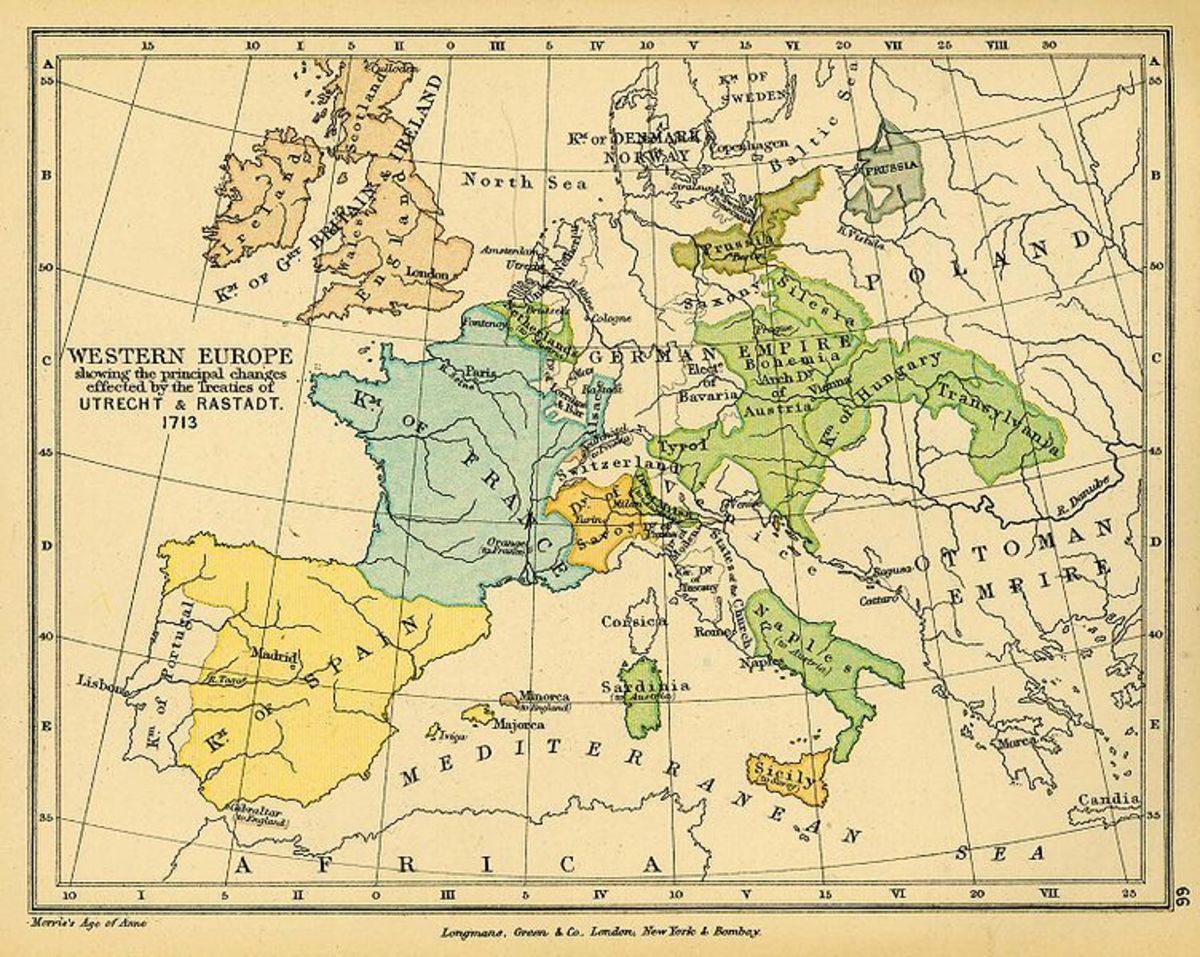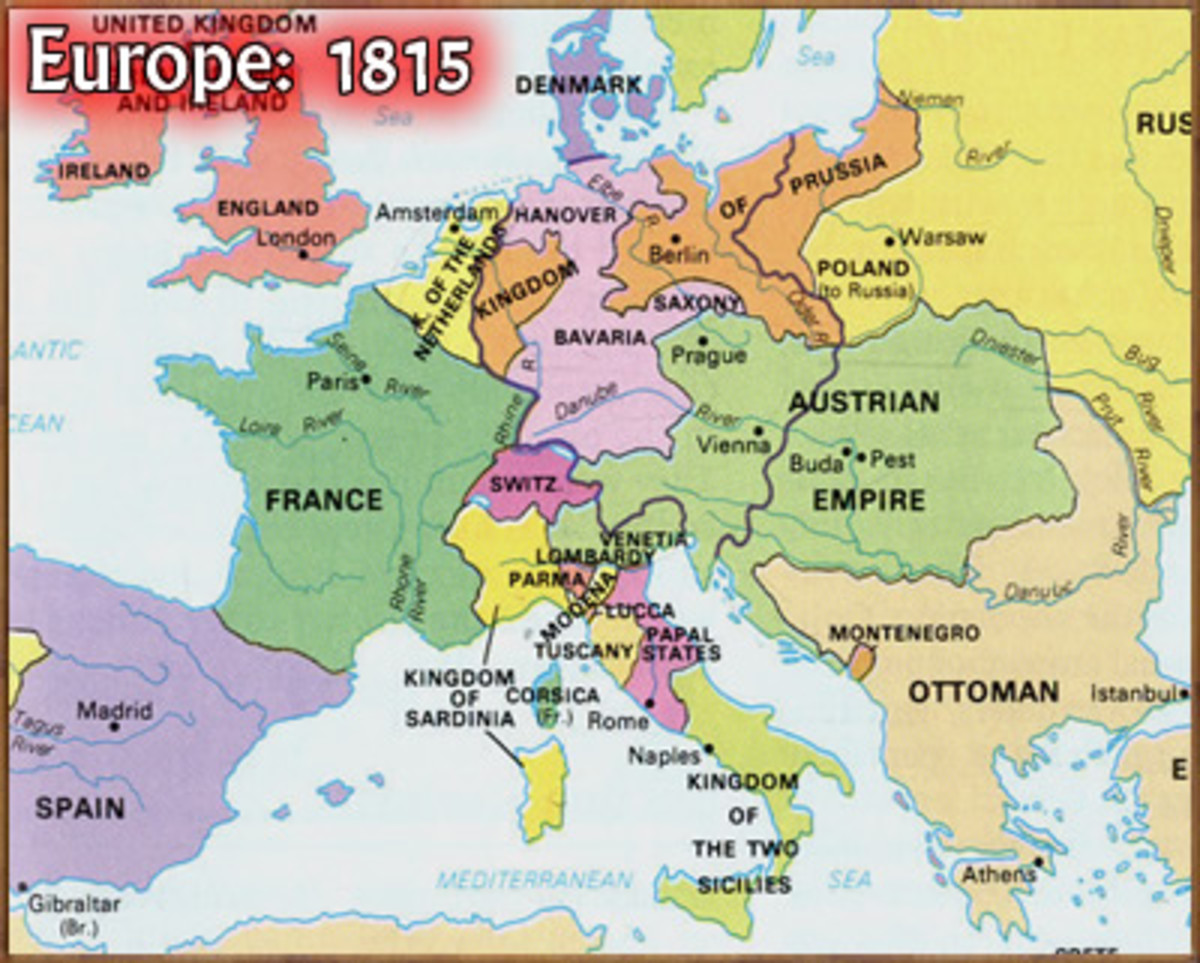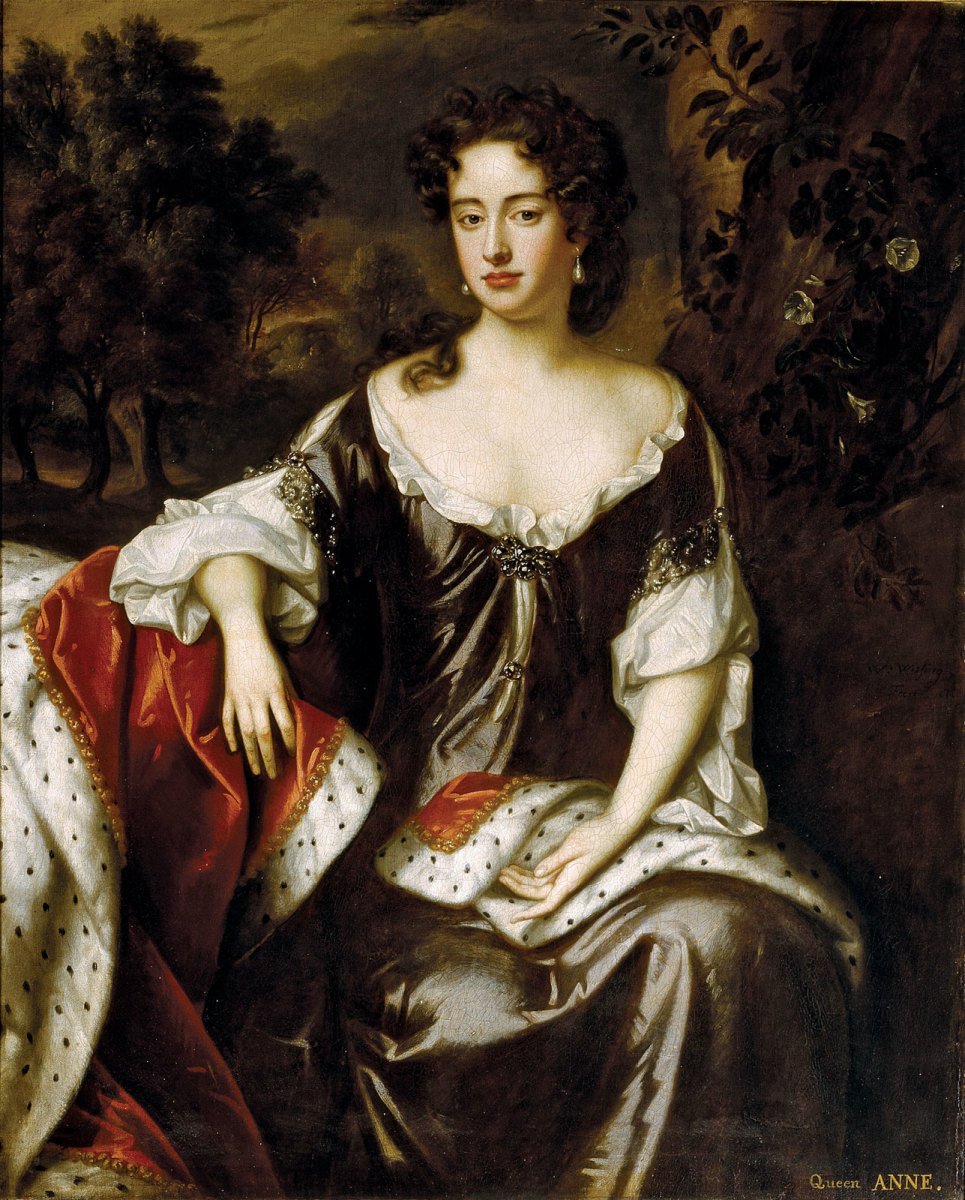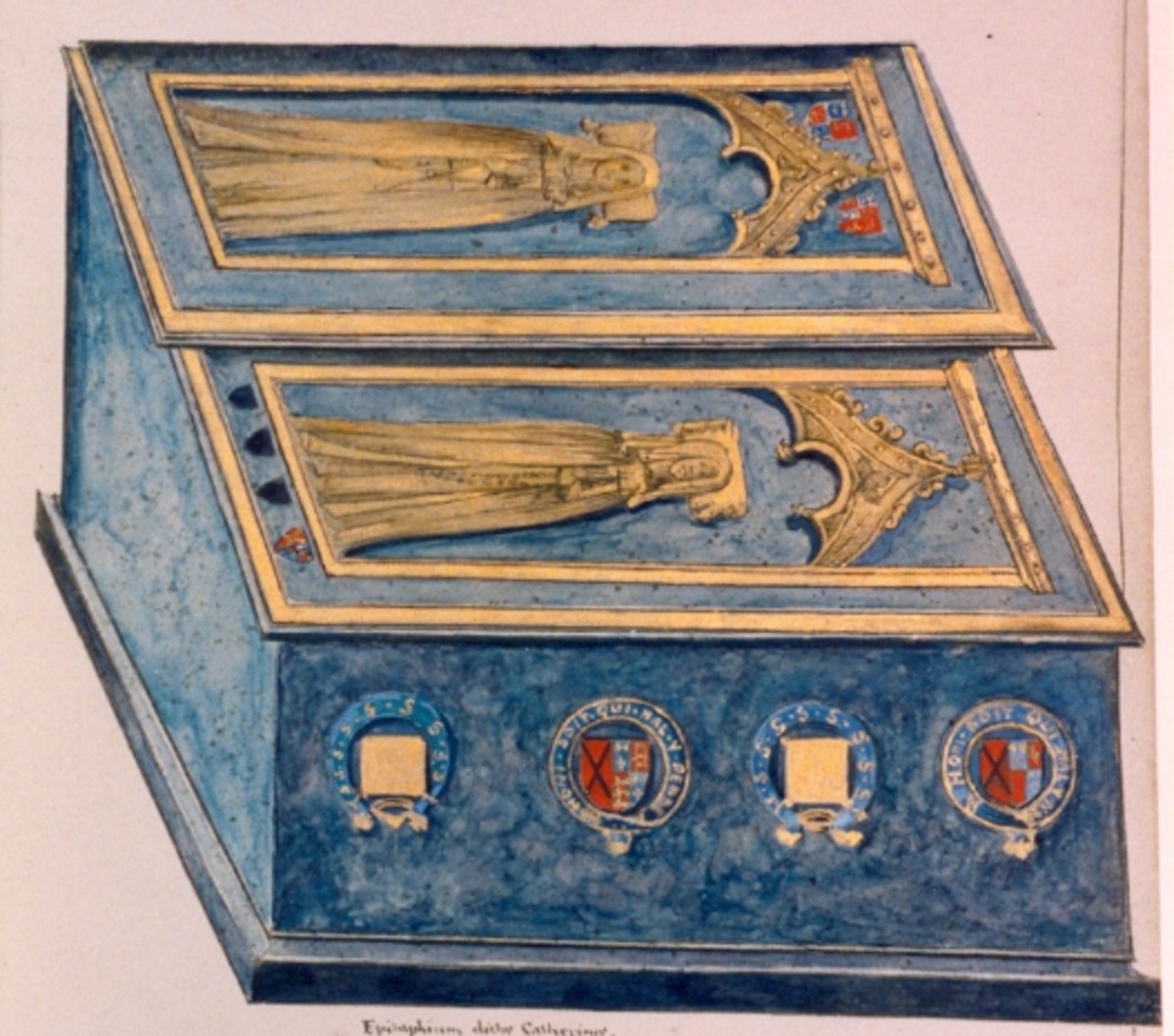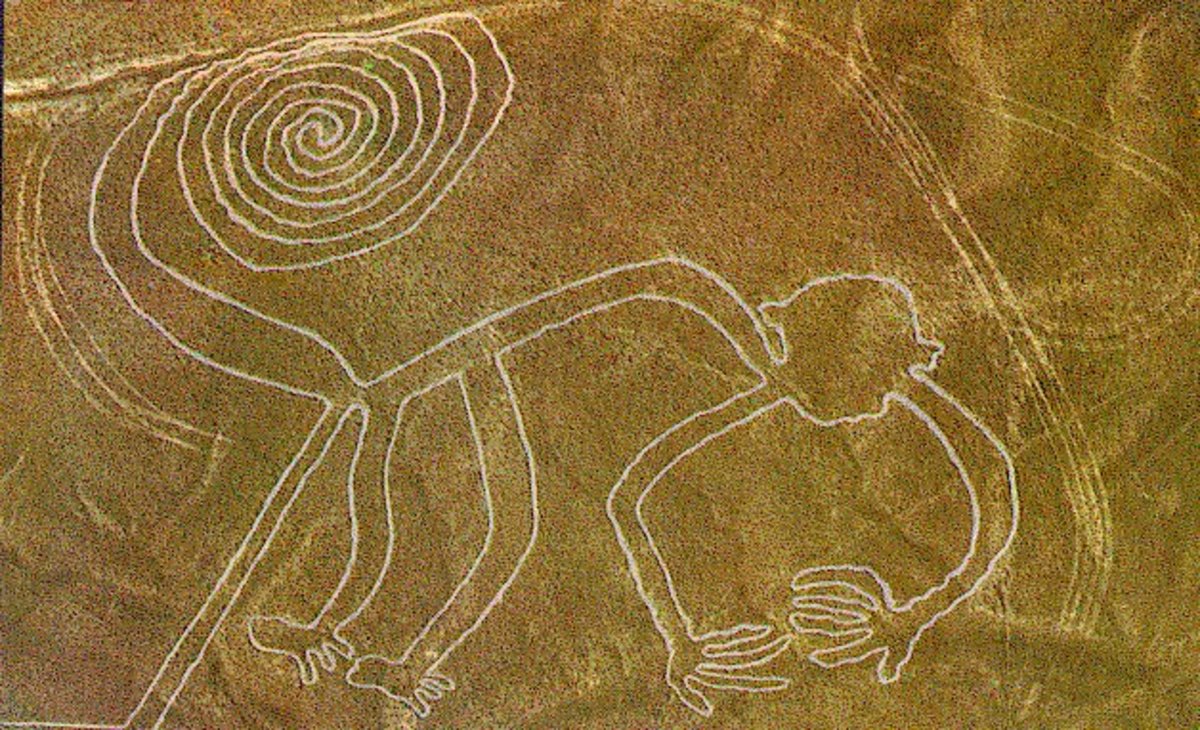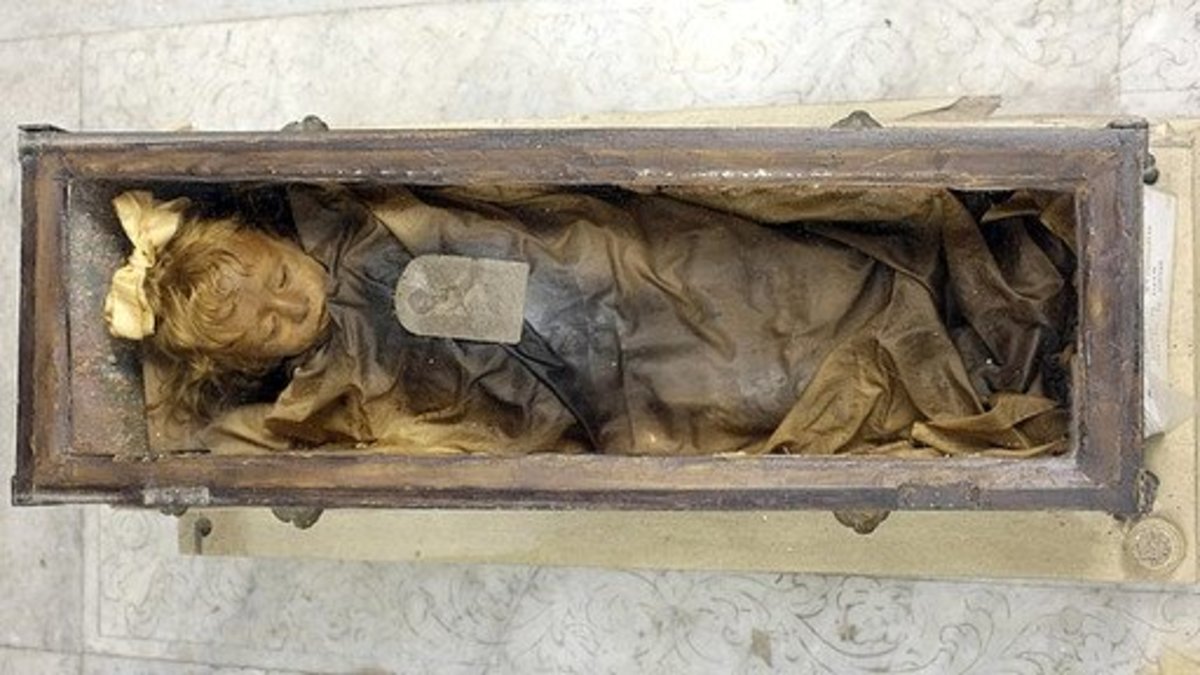Barbers and the Tonsorial Arts
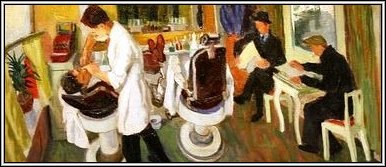

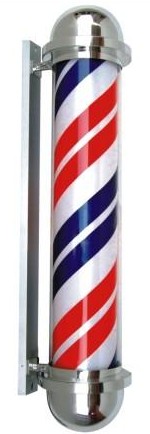
The word "barber" comes from the Latin "barba," meaning beard and the profession can trace its roots to at least the Bronze Age. The earliest records show most barbers were medicine men and priests. Their clients were usually superstitious, believing both good and bad spirits could enter a body through the hair and could only be expelled by cutting it. Thus, barbers became important figures in religious ceremonies.
Centuries before Christ, Egyptian barbers were highly respected. Ancient monuments and papyrus documents reveal Egyptians shaved their beards and their heads. The priests were said to shave their entire body every third day.
During the early Christian age monks, being the most learned of the times, served as surgeons since there were no others and barbers became their assistants. A logical choice since they owned a razor.
Eventually barbers provided most medical needs such as bloodletting, tooth extraction and other minor medical procedures. The modern barber pole originated during the Christian era when bloodletting was common. Some historians believe the blue stripe on American barber poles was copied from blue and white bands on English poles of the 1700s. Other say American barbers added the blue stripe as a patriotic gesture.

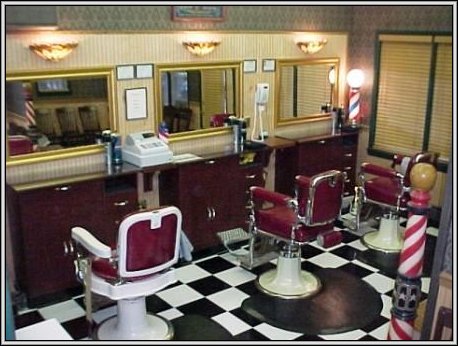

In either event, patients grasped the staff on which two spiral bandages were wound. One twisted around the arm before bleeding and the other used to bind it afterward. In Greece, as early as the fifth century BC., barbers often became leading prominent citizens. The importance of their tonsorial art is shown by the fact one lost an election because his opponent’s beard was more neatly trimmed.
In the third century, BC, Alexander the Great lost several battles to the Persians who grabbed his soldier’s beards, pulled them to the ground and then massacred them. Alexander remedied the situation by ordering his troops to have them shaved off. Barbers became much sought after and beards soon went out of fashion.
Up until the 2nd century BC barbers were relatively unknown in Rome. It was around this time shaving came into vogue there. And much like today, the barber shop became a social gathering place for the upper crust of Roman society. It was common to spend several hours daily getting a shave, haircut or other tonsorial service. Many had private tonsors, as they were then called. Barbers were held in such high esteem a statue was erected in memory of the first Roman barber.
Throughout the profession’s history, hair fashion was often dictated by the whims of kings, emperors and other national leaders. As an example, when Hadrian became emperor of Rome, beards became the rage. Romans imitated their emperor by growing one. Most probably had no idea Hadrian grew his to cover a host of unsightly scars and warts.

Barbers continued to act as surgical assistants until the 12th century. At the council of Tours in 1163 it became unlawful for clergymen to draw blood, act as physicians or perform surgery, since it was considered sacrilegious. Barbers quickly filled the void and the era of the barber-surgeon began.
It was in 1096 when the earliest known organization of barbers was formed and about the same time the French Archbishop of Rouen ruled beards were prohibited. Of course, that was good news for the barber surgeon, or chirurgeons as they became known and their profession flourished for a time throughout Europe. But trouble for the barbers soon began to brew as regular physicians and dentists began to see them as unqualified competition. However barbers continued practicing dentistry and surgery for several more centuries despite their objections.
In the middle of the 13th century the first school known for barbers in the practice of surgery was founded in Paris. It was named the Brotherhoods of St. Cosmos and St. Domain and became the model for later schools of surgery during the Middle Ages. The oldest known barber organization was established in 1308 and is still known in London as the "Worshipful Company of Barbers." The Barbers Guild, instituted in the 14th Century, was sanctioned by the king’s council and therefore could enforce their regulations. It was not uncommon for barbers to be thrown into prison for violating Guild regulations.
Up until the early 1400s, barbers continued practicing surgery and dentistry without much interference. But that began to change when patients began complaining barber surgeons were making them sick instead of well. When these incidents came to the attention of the authorities an ordinance was passed forbidding barbers from caring for anyone in serious condition or in danger of death, with the exception they presented the patient to one of the masters of the Barber-Surgeon's Guild within three days for examination. So, until the mid 1400s, with the practice of surgery still in its infancy, barbers were the only surgeons available. However, as knowledge in the field of surgery grew barbers found it increasingly difficult to keep up.
In 1450, the Guild of Surgeons was incorporated with the Barbers Company by act of Parliament and barbers were limited to bloodletting, tooth extractions, cauterization and tonsorial operations. However the board of governors and presiding monarchs favored the barber-surgeons. The board consisted of two surgeons and two barbers. Any diploma issued had to be signed by two barbers as well as two surgeons. With this obvious favoritism, barbers continued their practice into the mid 18th century.
Eventually, surgeons demanded to be a separate entity from barbers and they petitioned parliament to have it done. Parliament appointed a committee and a petition was made. The alliance between barbers and surgeons was dissolved in 1745.
Today's barbers are limited to hair care and are highly regulated by health and safety governmental agencies.



